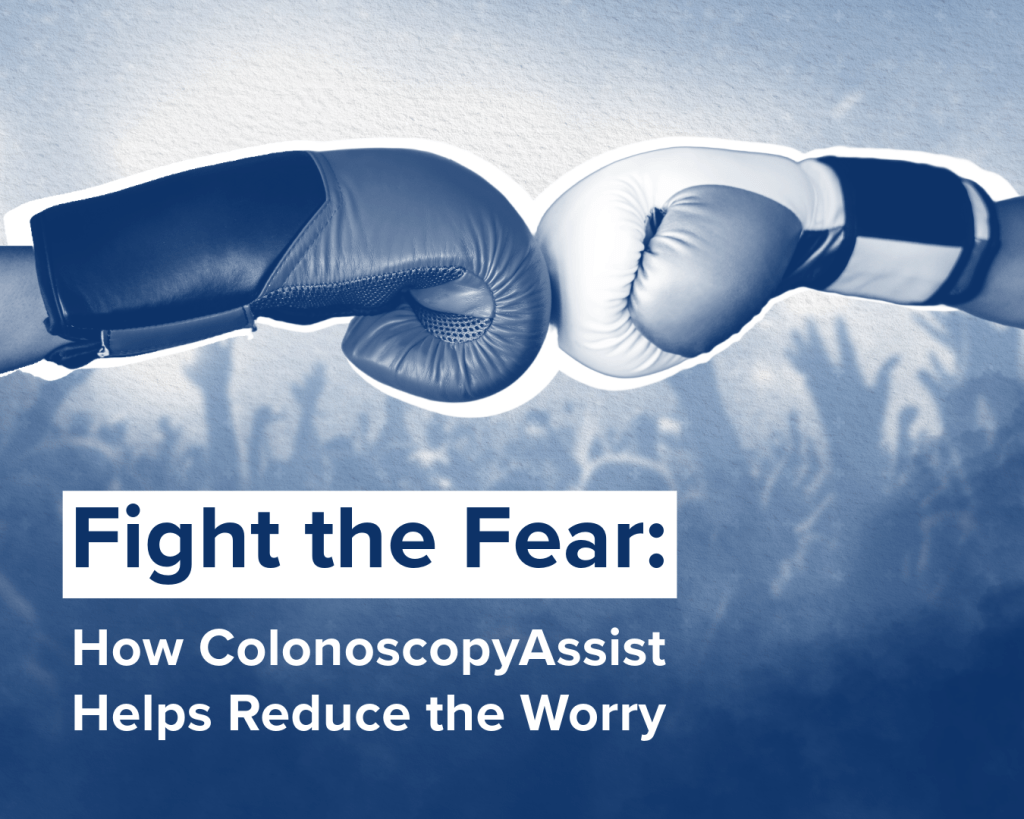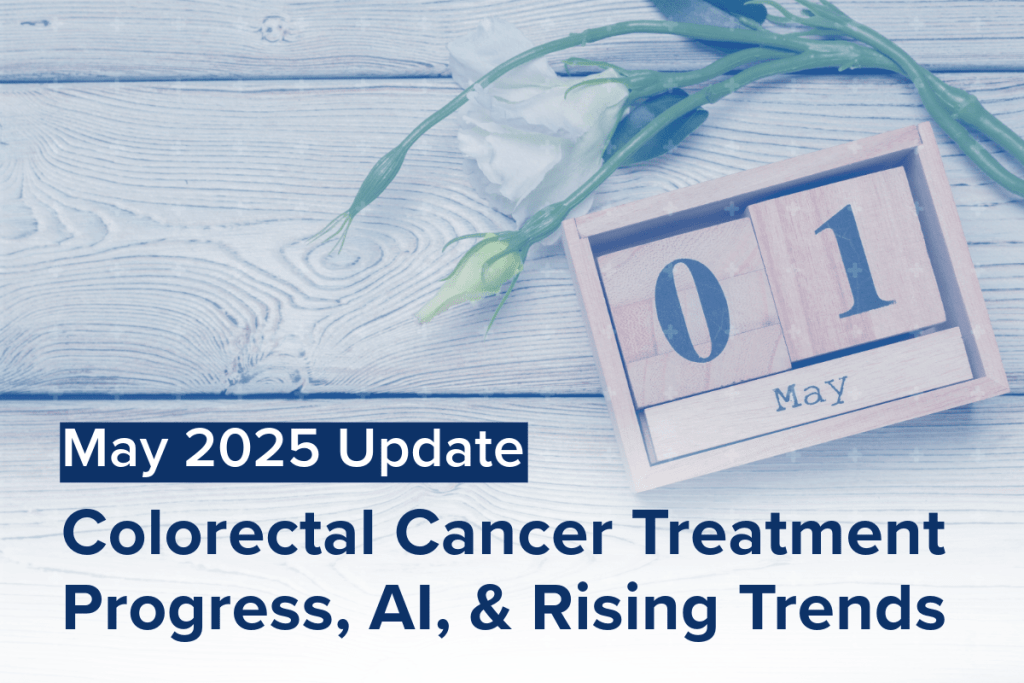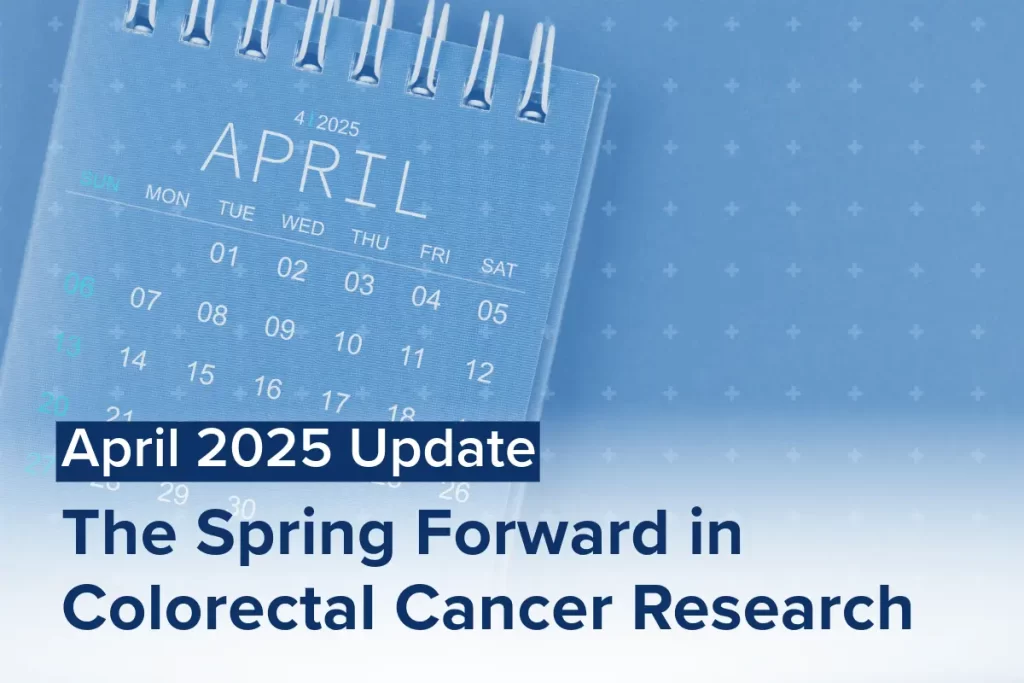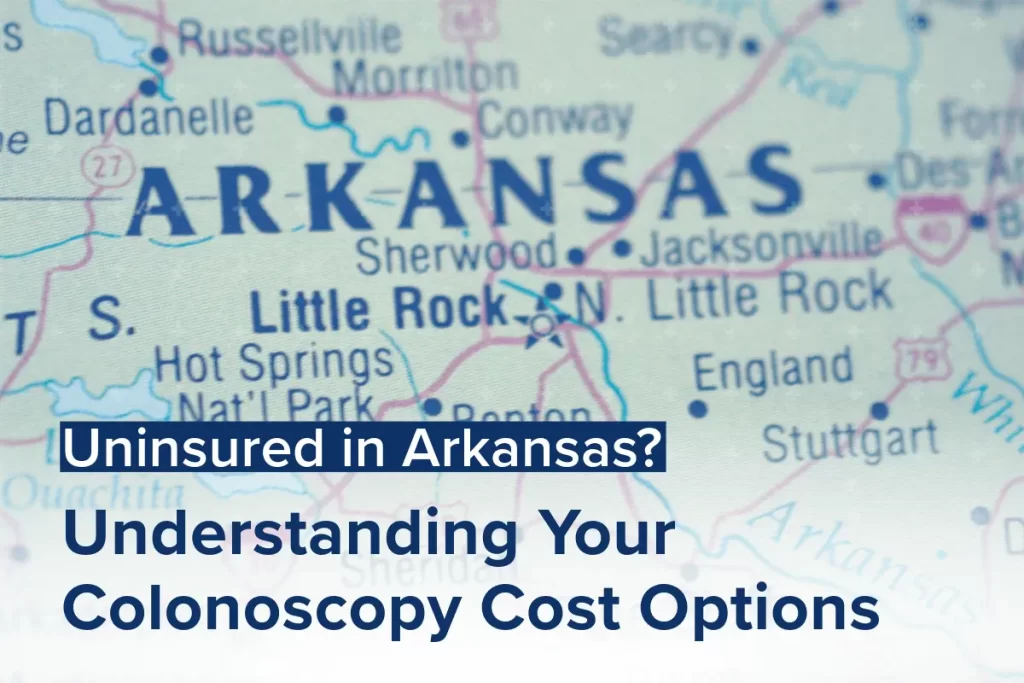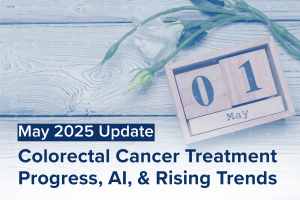If you could do something that could possibly save yourself from illness, injury, or death, why wouldn’t you do it? Every day, people put on their seatbelts when they drive a car, look both ways when they cross a street, or wear a helmet when they go for a bike ride.
However, many people put off health tests or diagnostic procedures that could possibly save them from getting sick (even possibly dying) from a medical issue. Why? Because fear is holding them back.
Iatrophobia is the formal tern for people who are afraid of doctors or medical tests/procedures. It is estimated that nearly 30-40% of people avoid medical care because of that fear.
Specifically, the fear can manifest itself as:
- Fear of the unknown: Uncertainty is an issue. Will you receive a diagnosis that provides you with bad news? Are you afraid you may experience pain or discomfort? Are you afraid of a procedure because you don’t understand what is going to be done to you or the risks that may be associated?
- Past experience: Negative past outcomes, suchas pain, trauma, embarrassment or discomfort can cause a person to fear future tests/procedures.
- Loss of privacy: Patients fear that their personal health information might be misused or disclosed.
- Phobias: Specific phobias such as fear of needles (trypanophobia) and enclosed spaces (claustrophobia) can make tests and procedures, such as blood draws or CT scans, a source of anxiety that some want to avoid.
- Lack of control: Feeling helpless ( especially if a procedure may require anesthesia) can prove to be a source of fear.
At ColonoscopyAssist.com, we can help remove some of those fears. Our website provides explanation of the many procedures that our highly ranked facility partners provide, such as colonoscopies, upper endoscopies, and many others.
We also help remove some of the fear of uncertainty when it comes to the cost of your procedure. At ColonoscopyAssist, you will always know the exact cost upfront, with no hidden fees or surprise charges.
Learn more about how ColonoscopyAssist works and how we can help uninsured/self-pay patients get the care you need without the fear that may have been holding you back.



